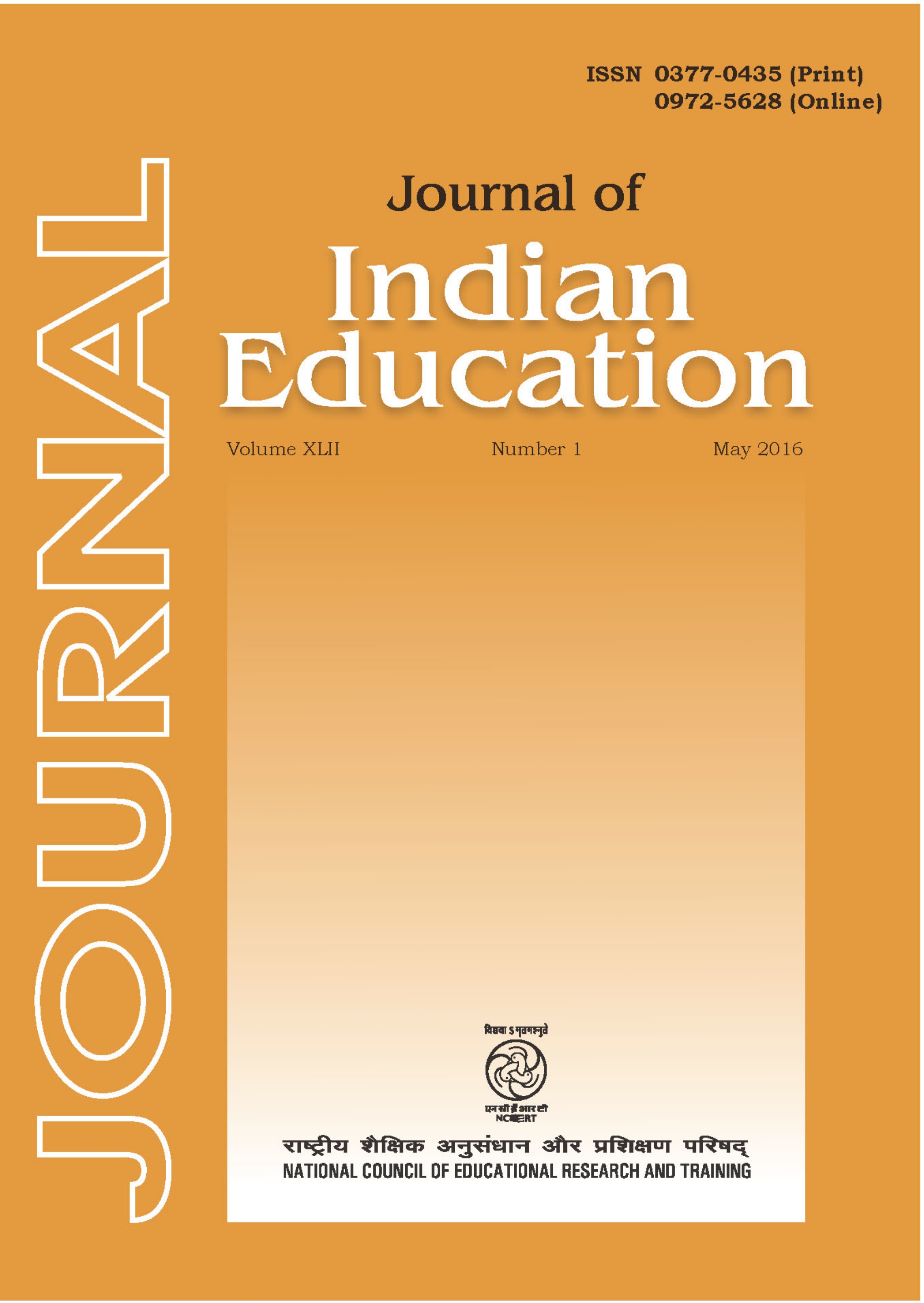Challenging Gender Stereotypes and Gender-based Violence in Schools Evidence from the Adolescence Education Programme, India
Published 2016-05-31
Keywords
- Education Programme,
- Education
How to Cite
Abstract
The Adolescence Education Programme (AEP) implemented by the Government of India and United Nations Population Fund aims to empower school-going adolescents with scientifically accurate, culturally sensitive information on issues related to their health and well-being. This paper examines the attitudes of students on gender stereotypes and gender-based violence (GBV) and the role of individual, parental level factors and AEP in shaping these attitudes. Responses from 7,662 students aged 14–18 years from the evaluation of AEP (2010–11) are analysed. Results from multivariate analyses suggest that in comparison to boys, girls have more progressive attitudes in challenging gender stereotypes (coefficient: 1.35, p-value<0.01) and GBV (coefficient: 1.21, p-value<0.01). Internet access and mothers’ education are associated with progressive attitudes. Students from socially disadvantaged groups reported less progressive attitudes. Students exposed to AEP reported significantly more positive attitudes. Programme effectiveness could be increased by giving specific attention to boys, disadvantaged social groups and more engagement with parents.

